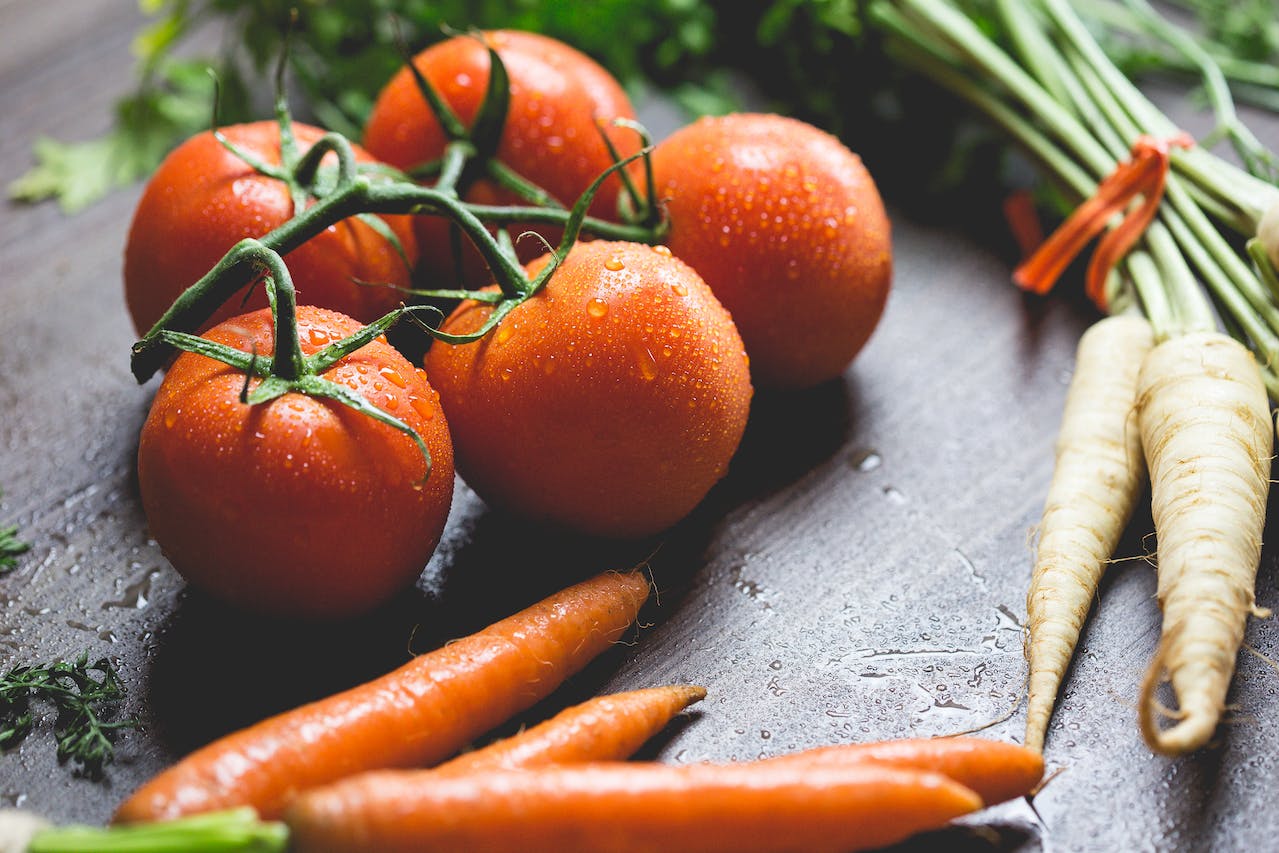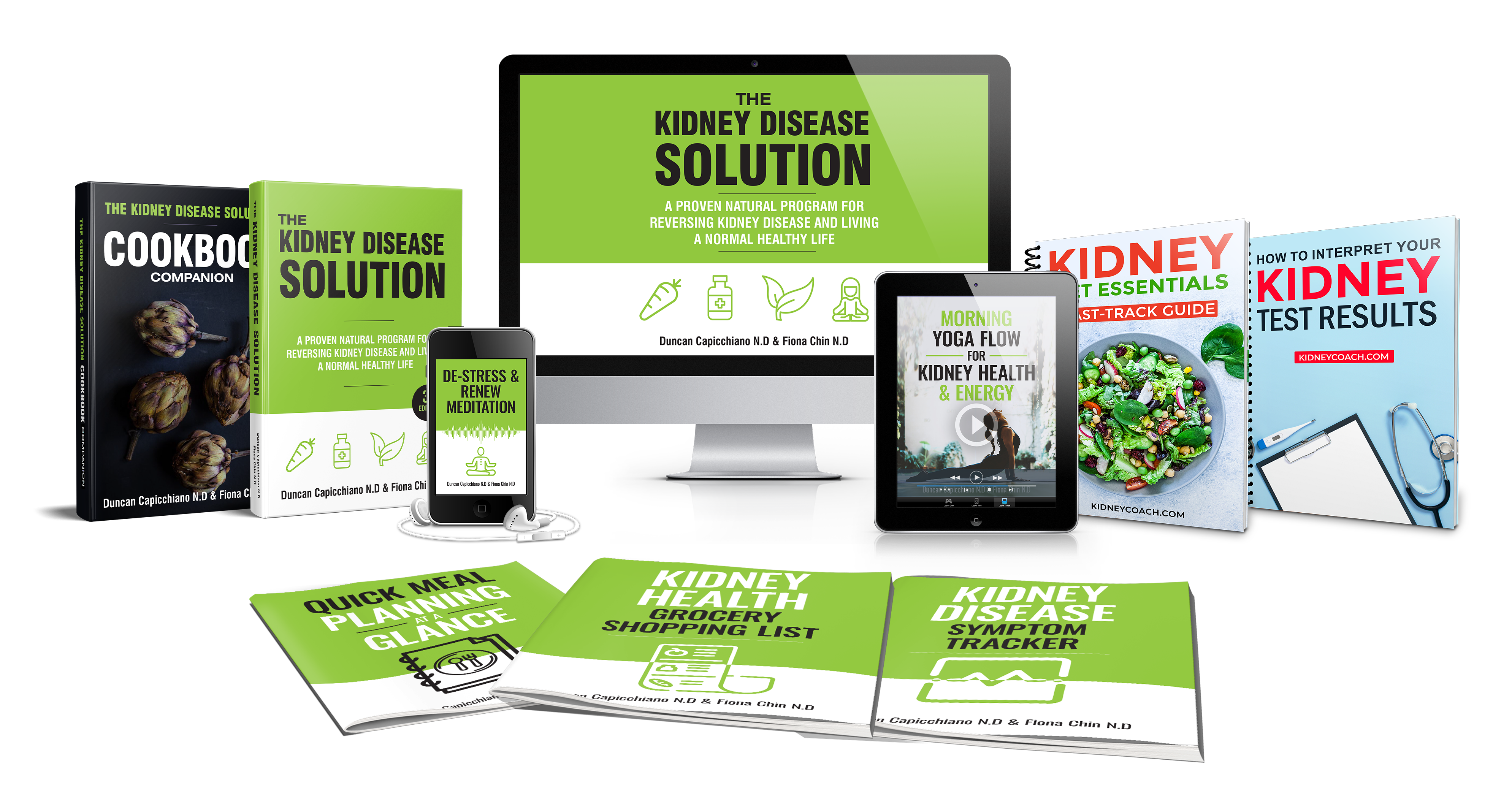Chronic Kidney Disease (CKD) is a serious health condition that affects millions of people worldwide. Among its various stages, CKD stage 3 is a critical juncture that demands attention, particularly in terms of dietary choices. In this comprehensive guide, we delve into the intricacies of the CKD stage 3 diet, exploring the scientific foundations, practical tips, and real-life testimonials that can empower individuals on their journey to better kidney health.
As we continue to unravel the complexities of CKD, the integration of personalized dietary strategies remains a cornerstone in the holistic management of this condition.
Understanding Chronic Kidney Disease Stage 3
Chronic Kidney Disease progresses through stages, and stage 3 is characterized by moderate damage to the kidneys. At this point, the kidneys may not be functioning optimally, making it imperative to adopt a diet that supports kidney health. Research indicates that early dietary interventions can slow down the progression of CKD, offering a glimmer of hope for those diagnosed at stage 3.The Role of Diet in CKD Progression
Scientific studies have highlighted the direct correlation between diet and CKD progression. A diet tailored to stage 3 CKD can help manage symptoms, reduce complications, and improve overall quality of life. Individuals in this stage often experience a decline in kidney function, and the right dietary choices can alleviate the burden on these vital organs.Crafting a CKD Stage 3 Diet Plan
Creating an effective diet plan for CKD stage 3 involves a careful balance of nutrients, fluids, and monitoring certain food components. Let's break down the key elements that should be considered when crafting a diet plan for this stage.1. Managing Protein Intake
Protein is a crucial component of any diet, but for individuals with CKD stage 3, monitoring protein intake becomes essential. A reduced but high-quality protein intake is recommended to minimize the strain on the kidneys. Opt for lean protein sources such as poultry, fish, and eggs while avoiding excessive red meat consumption.2. Controlling Sodium Levels
Sodium plays a pivotal role in blood pressure regulation, and for individuals with CKD, maintaining healthy blood pressure is paramount. Limiting sodium intake helps in achieving this goal. Processed foods are notorious for high sodium content, so opting for fresh, whole foods and using herbs and spices for flavoring can make a substantial difference.3. Balancing Fluid Intake
Fluid retention is a common concern in CKD stage 3, and striking the right balance in fluid intake is crucial. While staying adequately hydrated is essential, excessive fluid consumption can lead to complications. Monitoring fluid intake, including not just beverages but also foods with high water content, is an integral part of managing this stage of CKD.4. Mindful Phosphorus and Potassium Consumption
Phosphorus and potassium are minerals that play roles in various bodily functions. However, in CKD stage 3, imbalances in these minerals can contribute to complications. Foods high in phosphorus, such as dairy products and nuts, should be moderated. Similarly, managing potassium intake by avoiding high-potassium foods like bananas and oranges is advisable.Real Stories, Real Impact
Understanding the practical implications of a CKD stage 3 diet is best achieved through real stories of individuals who have experienced positive changes by adhering to dietary guidelines. Here, we share a couple of testimonials that shed light on the transformative power of a well-managed diet.John's Journey: A Personal Triumph
John, diagnosed with CKD stage 3, embraced the challenge of altering his dietary habits. By working closely with a nutritionist, he tailored his meals to align with CKD guidelines. Within a few months, John noticed improvements in his energy levels and a stabilization in his kidney function. His story emphasizes the importance of proactive dietary choices in managing CKD.Sarah's Success: From Struggle to Strength
Sarah's journey with CKD stage 3 was marked by uncertainty and fear. However, armed with information about the right foods and mindful eating, she transformed her relationship with food. With a focus on portion control and nutrient-dense choices, Sarah not only managed her symptoms but also experienced an improvement in her overall well-being.Navigating Challenges: Dining Out with CKD Stage 3
One of the common challenges individuals face with a specialized diet is dining out. Social occasions and restaurant menus may not always align with the restrictions of a CKD stage 3 diet. However, with a bit of planning and awareness, it's possible to enjoy dining out without compromising kidney health.Tips for Dining Out with CKD Stage 3
- Research Menus in Advance: Many restaurants now provide nutritional information online. Take advantage of this by reviewing menus before heading out, allowing you to make informed choices.
- Communicate Dietary Needs: Don't hesitate to communicate your dietary restrictions to the restaurant staff. Most establishments are willing to accommodate special requests to ensure a positive dining experience.
- Opt for Simple Preparations: Choose dishes with simple preparations, as these are less likely to include hidden ingredients that may not align with your CKD stage 3 diet.
- Be Mindful of Portions: Restaurants often serve larger portions than necessary. Consider sharing a dish or asking for a smaller portion to avoid overconsumption.
The Science Behind CKD Stage 3 Diet: Recent Studies
Keeping abreast of recent scientific studies is crucial for understanding the evolving landscape of CKD management. In the realm of CKD stage 3 diet, several studies have provided valuable insights.A Study on Plant-Based Diets
A recent study published in the "Journal of Renal Nutrition" explored the impact of plant-based diets on individuals with CKD stage 3. The results indicated that a plant-based diet, rich in fruits, vegetables, and legumes, contributed to better blood pressure control and slower progression of kidney damage.Effects of Omega-3 Fatty Acids
Omega-3 fatty acids have long been associated with cardiovascular health, and a study conducted at a leading medical research institute delved into their effects on individuals with CKD stage 3. The findings suggested that incorporating omega-3-rich foods, such as fatty fish, flaxseeds, and walnuts, may have protective benefits for kidney function.Practical Tips for Daily Living
Adhering to a CKD stage 3 diet extends beyond the dining table. Incorporating practical tips into daily living can contribute to the overall success of managing this stage of kidney disease.1. Meal Planning and Preparation
Invest time in planning and preparing meals ahead of time. This not only ensures adherence to dietary guidelines but also saves time and reduces the temptation to opt for convenient but less kidney-friendly options.2. Regular Monitoring of Kidney Function
Scheduled check-ups with healthcare providers are essential for monitoring kidney function. Regular blood tests can provide insights into the effectiveness of dietary changes and help make necessary adjustments.3. Physical Activity
Engaging in regular physical activity is beneficial for overall health, including kidney health. Consult with healthcare professionals to determine suitable exercises that align with your condition.4. Stress Management
Stress can exacerbate the symptoms of CKD. Incorporate stress-management techniques such as meditation, yoga, or deep breathing exercises into your routine to promote mental well-being.Final Thoughts: Empowering Individuals on the CKD Journey
Navigating a CKD stage 3 diagnosis can be challenging, but with the right information and a proactive approach, individuals can take control of their health. The CKD stage 3 diet is a powerful tool in this journey, offering a lifeline to those seeking to manage symptoms, slow down progression, and lead fulfilling lives despite the challenges.As we continue to unravel the complexities of CKD, the integration of personalized dietary strategies remains a cornerstone in the holistic management of this condition.


